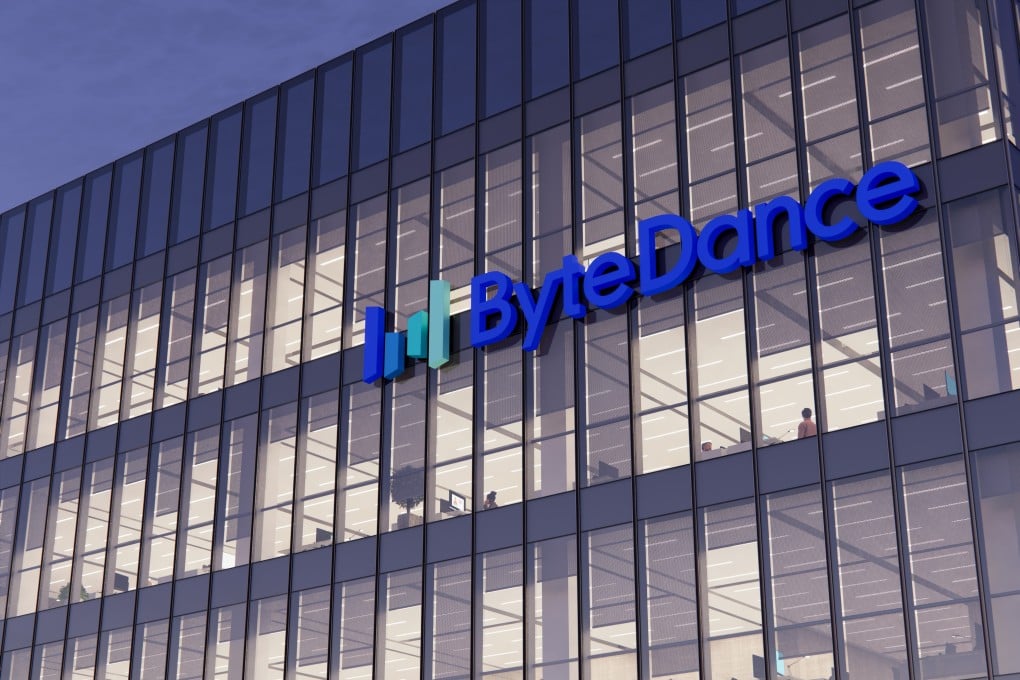Advertisement
Exclusive | ByteDance’s private valuation falls by US$100 billion in one year as IPO plans remain up in the air
- A deal in April values the TikTok owner at about US$300 billion, a quarter less than last year, but still puts it among the biggest Chinese tech firms
- ByteDance says it has no plans for an IPO, but a recent reshuffling of business entities sparked speculation that Douyin could be floated in Hong Kong
Reading Time:3 minutes
Why you can trust SCMP

ByteDance, the Chinese owner of the popular short video app TikTok, has seen its valuation drop by US$100 billion over the past year to about US$300 billion, according to sources and published deal offers.
The latest valuation of the technology giant, whose plans to go public remain up in the air, is the result of an unannounced deal two months ago, according to a person involved in the transaction, who declined to be named because the deal is not public. It was valued at about US$400 billion last year in private market deals.
The current valuation is on par with sales offers of ByteDance stakes published on Chinese tech media platform 36Kr. One stake posted to the site on June 1 values the company US$320 billion, but it mentions that the price is “negotiable”. That deal was already US$30 billion lower than the valuation given in an offer posted in February. The tips published by 36Kr do not disclose information about potential buyers or sellers.
Advertisement
Another unpublicised sale offer earlier this year valued ByteDance at US$280 billion, according to an investor who did not take the deal.
At US$300 billion, the internet giant remains one of China’s most valuable tech firms, rivalling the likes of Tencent Holdings, with a current market capitalisation of about US$470 billion on the Hong Kong stock exchange, and Alibaba Group Holding, with a market cap of about US$300 billion. Alibaba owns the South China Morning Post.
Advertisement
Advertisement
Select Voice
Choose your listening speed
Get through articles 2x faster
1.25x
250 WPM
Slow
Average
Fast
1.25x